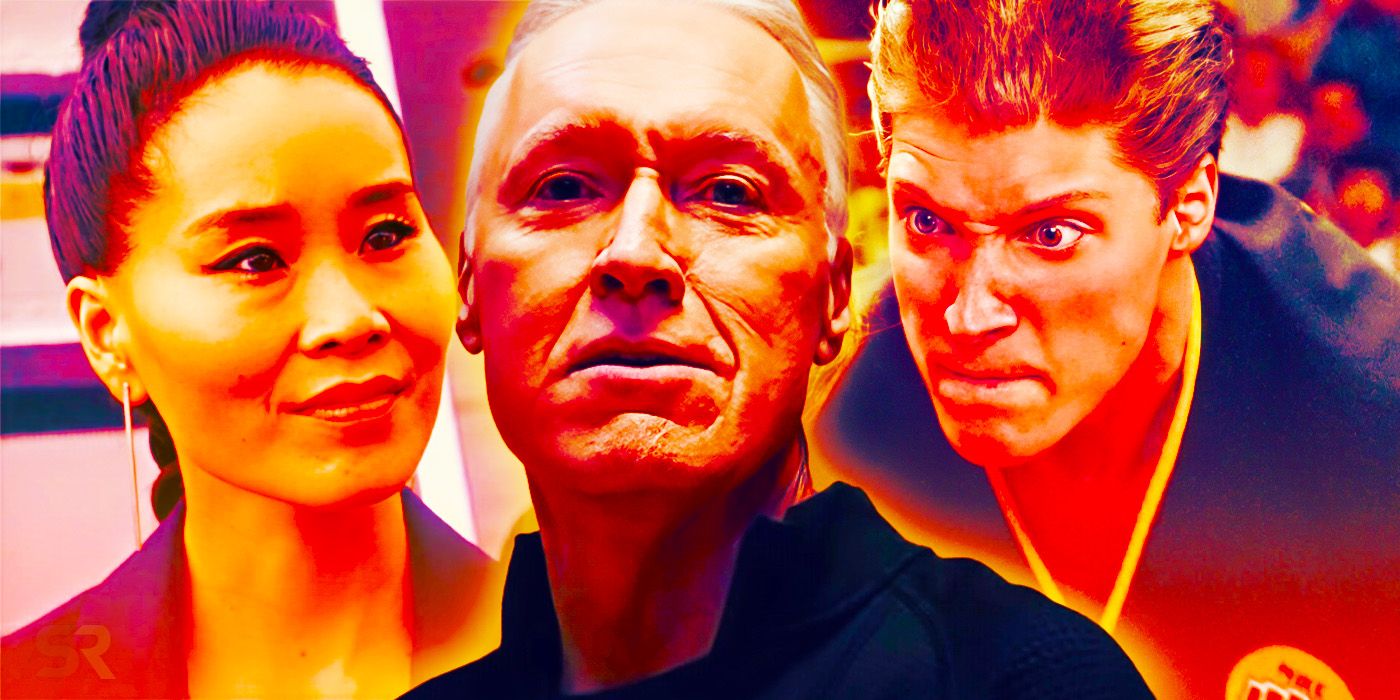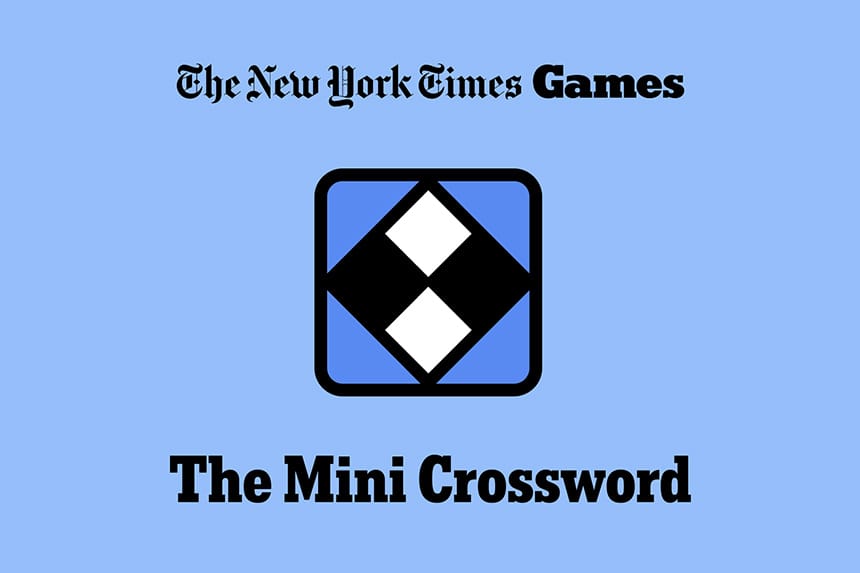The Karate Kid Movies Ranked: A Critical Analysis

Table of Contents
The Original Karate Kid (1984): A Timeless Classic
The 1984 Karate Kid isn't just a movie; it's a cultural touchstone. Its impact on popular culture is undeniable, spawning sequels, a remake, and a successful television series. This original film perfectly encapsulates the themes of perseverance and mentorship, with the unlikely pairing of Daniel LaRusso and Mr. Miyagi forming the heart of the story. The iconic training montages, the memorable soundtrack, and the satisfying underdog victory all contributed to its massive success.
- Box office success: The film was a massive box-office hit, proving the appeal of its simple yet powerful story.
- Critical acclaim: It received overwhelmingly positive reviews, praised for its engaging characters and feel-good story.
- Enduring legacy in pop culture: Phrases like "wax on, wax off" have become ingrained in popular culture, showcasing the film's lasting impact.
- Impact on martial arts: The film sparked a renewed interest in karate and martial arts in general.
The Karate Kid Part II (1986): Expanding the Horizon
The Karate Kid Part II takes us to Okinawa, Japan, expanding the narrative beyond the confines of Reseda, California. This sequel delves deeper into Mr. Miyagi's past, revealing his own history and adding layers of emotional depth to the character. While the core themes of mentorship and self-discovery remain, the introduction of new characters and cultural elements broadens the film's scope.
- Exploration of different cultures: The film offers a fascinating glimpse into Okinawan culture and traditions.
- Development of Mr. Miyagi's backstory: We learn more about Mr. Miyagi's past, adding emotional resonance to his character.
- Strengths and weaknesses compared to the original: While a worthy sequel, it lacks the same raw emotional punch as the original.
The Karate Kid Part III (1989): A Worthy Sequel?
The Karate Kid Part III sees the return of Daniel and Mr. Miyagi, but with a significantly darker tone. The introduction of the ruthless Terry Silver elevates the stakes, creating a more intense and dramatic conflict. While it delivers satisfying action sequences and concludes Daniel's arc in a way, it's arguably the weakest of the original trilogy.
- The effectiveness of the villain: Terry Silver provides a formidable antagonist, but his motivations are perhaps less compelling than previous antagonists.
- The continuation of the themes from previous films: The core themes of perseverance and mentorship are still present but feel somewhat diluted.
- A comparison to the preceding films: While not a bad film, it lacks the originality and charm of its predecessors.
The Next Karate Kid (1994): A New Generation
This installment shifts the focus to a new protagonist, Julie Pierce, and a new setting. Mr. Miyagi steps back into the mentor role, albeit with a different dynamic. The film attempts to refresh the franchise by introducing a female lead and a contemporary storyline but struggles to capture the magic of the original trilogy.
- The introduction of Julie Pierce: Julie Pierce, a troubled teenager, offers a new perspective on the familiar themes.
- The change in mentorship dynamic: The relationship between Mr. Miyagi and Julie is different from his relationship with Daniel.
- Reception compared to the original trilogy: This entry generally receives mixed reviews and sits lower in most "Karate Kid movie ranking" lists.
The Karate Kid Remake (2010): A Modern Take
The 2010 remake, set in China, provides a fresh take on the classic story with a new cast and setting. While it retains the core themes of mentorship and self-discovery, its execution is often criticized for being less charming and emotionally resonant than the original. It presents a more modern depiction of bullying and the challenges of adapting to a new culture.
- Differences in setting and characters: The shift to China allows for a different cultural context and introduces a new set of characters.
- The effectiveness of the remake's story: While a decent film in its own right, it doesn't quite reach the heights of the original.
- The impact of a new cast: The new cast delivers solid performances, but they don't quite match the iconic chemistry of Ralph Macchio and Pat Morita.
Conclusion: The Ultimate Karate Kid Movie Ranking
Based on this critical analysis, our ranking of The Karate Kid movies stands as follows: 1. The Karate Kid (1984); 2. The Karate Kid Part II (1986); 3. The Karate Kid Part III (1989); 4. The Karate Kid Remake (2010); 5. The Next Karate Kid (1994). However, subjective preferences may differ!
What's your "Karate Kid movie ranking"? We encourage you to share your thoughts and opinions in the comments below! Let's discuss the best and worst of the franchise and explore the enduring appeal of these classic films. Which Karate Kid movie is your favorite? Are there any other aspects of the franchise you'd like to see discussed? Let the debate begin! Let us know your personal ranking of the Karate Kid films!

Featured Posts
-
 Big Rig Rock Report 3 12 Big 100 Comprehensive Market Overview
May 23, 2025
Big Rig Rock Report 3 12 Big 100 Comprehensive Market Overview
May 23, 2025 -
 Ahdaf Qmrt Wdwrha Fy Snaet Alaflam Alqtryt
May 23, 2025
Ahdaf Qmrt Wdwrha Fy Snaet Alaflam Alqtryt
May 23, 2025 -
 Walt Fraziers Celtics Ring Taunt Today Shows Dylan Dreyer Reacts
May 23, 2025
Walt Fraziers Celtics Ring Taunt Today Shows Dylan Dreyer Reacts
May 23, 2025 -
 Decline In Send Case Referrals From Mps Councils Perspective
May 23, 2025
Decline In Send Case Referrals From Mps Councils Perspective
May 23, 2025 -
 Nyt Mini Crossword Answers For April 18th 2025
May 23, 2025
Nyt Mini Crossword Answers For April 18th 2025
May 23, 2025
